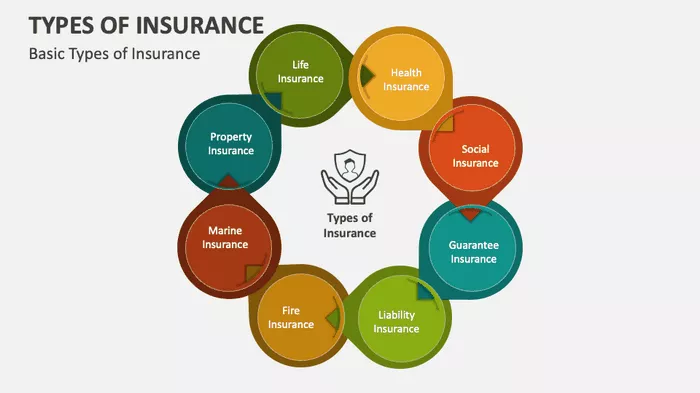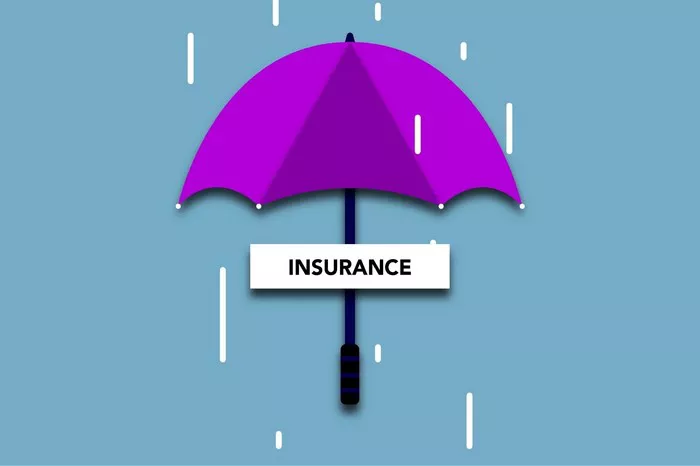Investing in rental property can be a lucrative venture, but it also comes with its share of risks. To protect your investment, it’s essential to have the right insurance coverage. This article outlines 6 types of insurance that can help safeguard your rental property, ensuring you’re prepared for any unexpected events. Whether you’re a seasoned landlord or just starting, understanding these insurance types will provide you with peace of mind and financial security.
1. Landlord Insurance
What Is Landlord Insurance?
Landlord insurance is a specialized policy designed specifically for property owners who rent out their homes, apartments, or other real estate. It covers the unique risks associated with rental properties that are not typically covered under standard homeowners insurance.
Key Coverages
Property Damage: Landlord insurance covers damages to the structure of your rental property caused by natural disasters, fire, vandalism, or other covered perils.
Liability Protection: If a tenant or visitor is injured on your property, landlord insurance helps cover legal fees, medical expenses, and settlements if you’re found liable.
Rental Income Loss: If your rental property becomes uninhabitable due to a covered loss (e.g., a fire), landlord insurance can cover the lost rental income during the repair period.
Why You Need It
Without landlord insurance, you may be left financially vulnerable to the various risks associated with renting out a property. The cost of repairs, legal fees, or lost income can quickly add up, making landlord insurance a crucial investment for any property owner.
2. Renters Insurance
What Is Renters Insurance?
While renters insurance is primarily purchased by tenants, it plays an important role in protecting landlords as well. Renters insurance covers the tenant’s personal belongings and provides liability protection in case they cause damage to the rental property or injure someone on the premises.
Key Coverages
Personal Property: Renters insurance covers the tenant’s belongings in case of theft, fire, or other covered events.
Liability Protection: If a tenant accidentally damages your property or someone is injured due to their negligence, renters insurance helps cover the costs.
Additional Living Expenses: If the rental unit becomes uninhabitable due to a covered loss, renters insurance can cover the tenant’s temporary living expenses.
Why You Should Encourage It
Encouraging or requiring your tenants to have renters insurance can reduce your liability as a landlord. If a tenant’s negligence causes damage to your property, their insurance can cover the costs, protecting your investment and reducing potential conflicts.
See Also: 8 Best Pet Insurance for Multiple Pets
3. Flood Insurance
What Is Flood Insurance?
Flood insurance is a type of property insurance that specifically covers damages caused by flooding. Standard landlord insurance policies do not cover flood-related damages, so if your rental property is in a flood-prone area, obtaining flood insurance is essential.
Key Coverages
Building Coverage: Flood insurance covers the structure of your rental property, including the foundation, electrical systems, plumbing, and more, in case of flood damage.
Contents Coverage: If you own any personal property within the rental unit (e.g., appliances, furniture), flood insurance can cover these items as well.
Why You Need It
Flooding can cause extensive and costly damage, and without flood insurance, you could face significant financial losses. Even if your property is not in a high-risk flood zone, consider the potential risks and whether flood insurance might be a wise investment.
4. Umbrella Insurance
What Is Umbrella Insurance?
Umbrella insurance is a type of liability insurance that provides additional coverage beyond the limits of your existing landlord or homeowners insurance policies. It acts as an extra layer of protection in case of major liability claims or lawsuits.
Key Coverages
Excess Liability: Umbrella insurance covers liability claims that exceed the coverage limits of your primary insurance policies.
Legal Defense Costs: It also covers legal fees and court costs associated with defending a lawsuit, even if the claims are groundless.
Why You Need It
In today’s litigious society, lawsuits can result in substantial financial judgments against you. If a tenant or visitor files a large claim that exceeds your landlord insurance coverage, umbrella insurance can help protect your assets and financial future.
5. Earthquake Insurance
What Is Earthquake Insurance?
Earthquake insurance is a type of property insurance that covers damages to your rental property caused by seismic activity. Like flood insurance, earthquake damage is not covered under standard landlord insurance policies, so if your property is in an earthquake-prone area, this coverage is essential.
Key Coverages
Structural Damage: Earthquake insurance covers the cost of repairing or rebuilding your rental property after an earthquake.
Personal Property: If you own personal items within the rental unit, such as appliances or furniture, this insurance can cover damages to those items.
Why You Need It
Even minor earthquakes can cause significant damage to a property, leading to costly repairs. If your rental property is located in an area with a history of seismic activity, having earthquake insurance can provide crucial financial protection.
6. Liability Insurance for Short-Term Rentals
What Is Short-Term Rental Liability Insurance?
Short-term rental liability insurance is designed specifically for properties rented out on a short-term basis through platforms like Airbnb or Vrbo. This insurance provides coverage for unique risks associated with short-term rentals, which may not be covered by standard landlord insurance.
Key Coverages
Property Damage: This insurance covers damages to your rental property caused by short-term guests.
Liability Protection: It also provides liability coverage if a guest is injured on your property or if they damage someone else’s property.
Why You Need It
Short-term rentals come with unique risks, such as frequent guest turnover and potential property damage. Standard landlord insurance may not cover these risks, making short-term rental liability insurance a necessary addition if you participate in the short-term rental market.
Conclusion
Insuring your rental property is a crucial step in protecting your investment and ensuring long-term financial stability. By understanding and investing in the appropriate types of insurance, such as landlord insurance, renters insurance, flood insurance, umbrella insurance, earthquake insurance, and liability insurance for short-term rentals, you can mitigate potential risks and safeguard your property against unexpected events.
Each type of insurance serves a specific purpose and provides coverage for different risks. As a landlord, it’s essential to assess your property, location, and rental activities to determine which insurance policies are most suitable for your needs. By doing so, you’ll be better equipped to handle any challenges that arise and continue to enjoy the benefits of being a rental property owner.
Related topics:


































